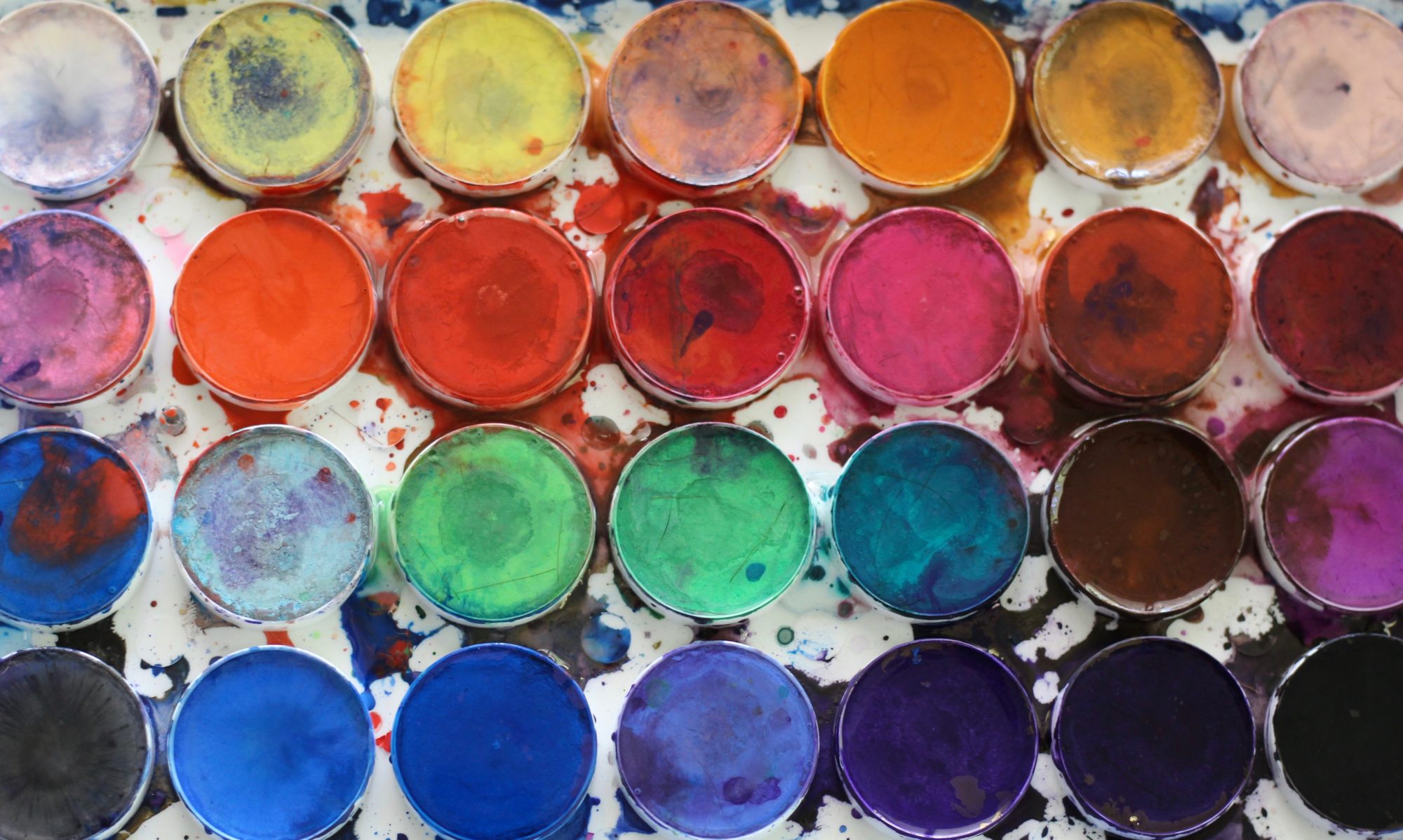
They’ve done it. The third time is the charm. Twice my desperate pleas of, “I’m sleeping. Shut my door,” worked. “Pleeeeeease!” I add and pull the duvet up higher. It feels early, but it’s not — not in this house anyway.
I roll off the bed and take the almost giggling baby with me. She loves mornings, she loves the super high-pitched squealing declarations of love from her sisters too. Goodness, that’s high-pitched. I need coffee.
I power up the espresso maker. It stubbornly beeps at me, a reminder that I forgot to empty the grounds, yesterday. It needs water too. A petulant thing — I’d complain, but then again I’d give her anything and she knows it. Satisfied, she pours a double espresso, extra long, just right.
I release the dogs from their kennels downstairs and prepare their medicines. That’s right, they’re both taking medicine now, for the rest of their lives. We probably should have better timed getting dogs, so they weren’t both seniors at the same time.
I prepare breakfast for us all. We all want different things. Not a problem, the espresso has kicked in.
And then the poo. She warned me, by pushing and grunting. I bring her to the change table, and lie her down. I remove her diaper and carefully peel off her jammies. There’s poo in her armpit, well that won’t do. I run a bath.
Her sisters crowd around as I lather her up. She laughs and kicks her legs under the heavy wash cloth. Sufficiently clean, I lift her from the tub. She looks unimpressed to be leaving the warmth of the water. The towel I had neatly laid out on my bed is now balled up on the floor. “Thanks,” I mumble to nobody.
I rinse off her poo-logged jammy in our oversized sink, I spray on too much stain remover and place them into the washing machine. Before I press start, I gather the remaining laundry from the various places it has been strewn about the house, tucked into the couch and hidden under beds. I’ll repeat the same circuit later, scouring for dirty dishes and random toys.
The weather looks iffy and I can’t stand the thought of being indoors all day. It’s time to get to the park. They need a snack. Crackers and cheese strings will have to cut it.
The baby falls asleep on the six minute car ride there. I buckle up the baby carrier while making small talk with a couple in the parking lot. They lower a ramp out of their car for their Rottweiler, who very happily makes her way out of the vehicle. My kids are equally as happy as they make their way out of mine. The baby stays asleep, snuggled against my chest as her sisters chase down bunnies wildly waving their carrots in the air. “Go slooooowly!” I whisper.
We walk through the park, greeting everyone with a genuinely hearty, “good morning!” (I may have had a second espresso). They echo our sentiments, everyone is happy to be out here.
We stop a few times to throw rocks in a pond, attempt to climb a very large rock and to watch ants scurrying around.
While my kids play at the sandbox amongst the once loved, now abandoned, toys I contemplate this short morning, a typical one, mundane even (in the most beautiful way), I’m lucky.
I can’t help but think that of course they’re coming. Of course people want their children to experience even the smallest luxuries we all take completely for granted. Safety at the most basic level, enough food and shelter. Even my inconveniences are convenient — blatant invisible luxuries.
I did nothing to deserve this. Nothing. And yet here I am, completely complacent.
I’ll likely never have to risk dehydration and starvation crossing deserts. I’ll likely never need to brave the ocean waters with a child on my back. I’ll likely never need to cross borders to keep my family safe.
But I would. If it meant that my children for just one morning could run freely through fields, throwing rocks into ponds, attempting to climb impossible rocks or watching ants scurrying on the ground, not a care in the world, I would do it. I would.













